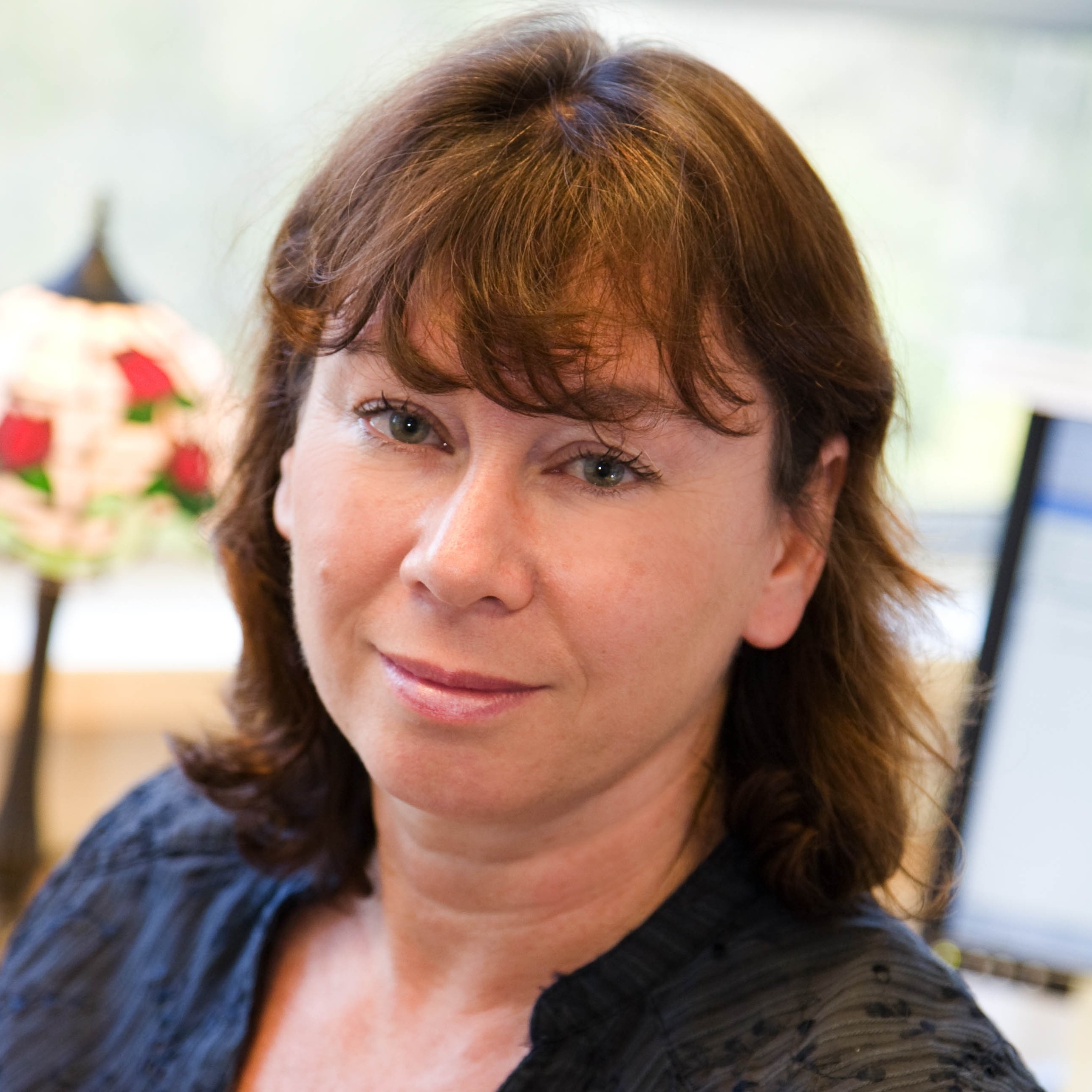
Sharon Dawe
Professor Sharon Dawe is a clinical psychologist and academic. She has worked in academic settings for over twenty-five years and has an international reputation in the field of addiction, child and family studies, child maltreatment and child development. Her clinical work focuses on the development of young children and toddlers by supporting parents and carers to provide a safe and nurturing environment. She is the co-developer of the Parents Under Pressure program (www.pupprogram.net.au), designed for complex families that includes parental substance misuse. She leads a large consortium developing a diagnostic process around FASD and support for young children with prenatal alcohol exposure. Sharon is passionate about improving the outcomes for children living in adverse circumstances by supporting parents to manage difficult life situations.
Working with families with parental substance abuse: Recent developments in the Parents Under Pressure program
Aim Improving family functioning and child outcome in families with parental substance misuse is challenging. Typically, families have a range of other co occurring problems including psychopathology, poverty, social isolation and at times hostile and harsh parenting practices. This presentation provides an overview of recent findings from a randomized controlled trial of the Parents under Pressure (PuP) program, including an analysis of potential predictors of change, conducted in the UK. Method One hundred families with a primary caregiver currently in treatment for a substance use disorder were randomly allocated to receive either PuP, a home-based parenting intervention that focuses on improving nurturance and caregiving in parents of young children and parental affect regulation compared to standard care. PuP was delivered over 6 months and families were followed up at 12 months. Results The program was delivered by front line family practitioners with high fidelity. There was high retention across the study (84% at 6 months; 76% at 12 months). Parents receiving the PuP program showed improvements on a range of measures including child abuse potential, measures of emotional dysregulation. Predictors of change were identified. Conclusion Improving outcome for children exposed to a range of adverse experiences in early childhood is critical for interrupting the intergenerational cycle of substance abuse and disadvantage. These findings suggest that such change is possible, but programs need to extend beyond a focus on parenting skills.